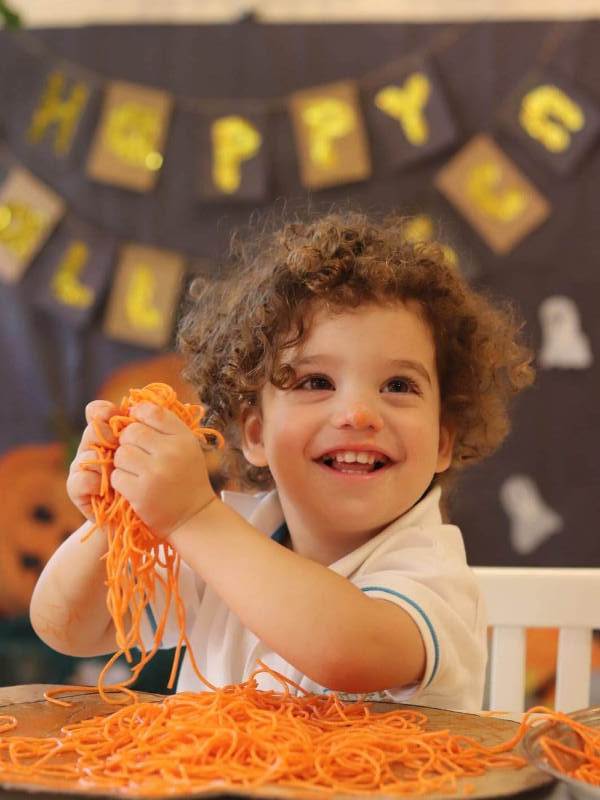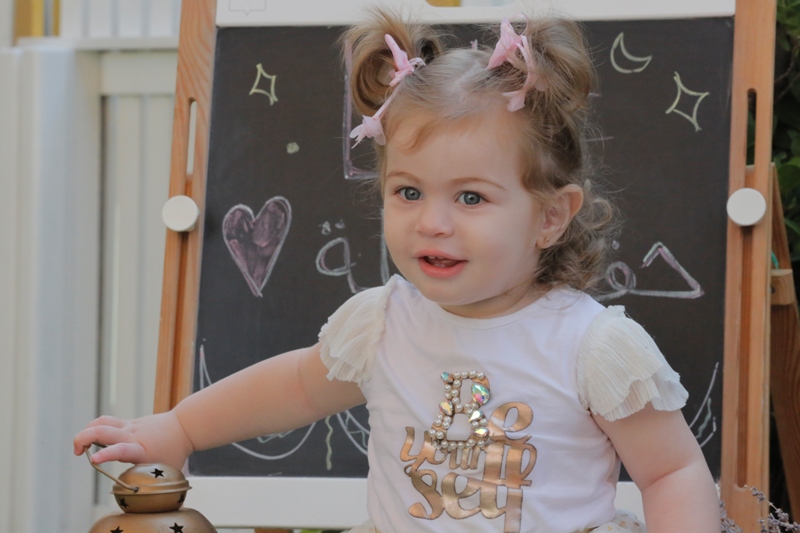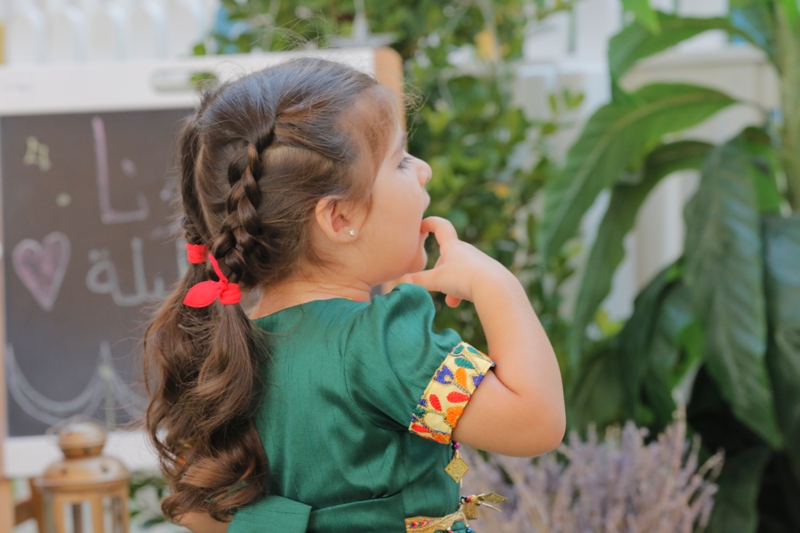Every parent wants to raise confident, motivated, and successful children. And praise—simple, encouraging words like “Good job!” or “You’re so smart!”—feels like a natural way to build that foundation.
But what if too much praise—or the wrong kind—actually does the opposite?
In this post, we’ll break down what overpraising looks like, why it can backfire, and what you can say instead to raise emotionally resilient, intrinsically motivated kids.
What Does Overpraising Look Like?
Overpraising doesn’t mean you’re cheering too loudly at your child’s soccer game or giving a high five when they tie their shoes. It’s about how often you praise, what you’re praising, and how it’s delivered.
Common signs of overpraising:
- Praising every single small action (“You finished your snack? Wow! You’re amazing!”)
- Using generic or inflated language frequently (“You’re the best artist ever!” after a simple scribble)
- Rewarding effortless tasks that don’t require real challenge or thought
- Praising to prevent meltdowns or to keep your child happy
- Constantly saying “Good job!” without pointing out what was actually done well
At its core, overpraising can make praise feel empty—or worse, create a dependency on external validation.
The Hidden Impacts of Overpraising
- Reduces Intrinsic Motivation
When children are constantly praised for everything they do, they may start to perform for the praise rather than for their own interest or curiosity. This weakens their ability to stay motivated without external rewards.
For example, a child who paints only because they expect a “Wow! That’s beautiful!” might stop painting once the praise disappears.
- Builds Pressure to Perform
Statements like “You’re so smart!” can unintentionally place children in a box. Instead of embracing challenges, they may fear failure, thinking they’ll lose your approval if they don’t succeed.
This can discourage risk-taking, creativity, and learning from mistakes—qualities that are essential for long-term growth.
- Undermines Authentic Confidence
Praise should reflect genuine effort or improvement. When it’s too frequent or exaggerated, children may sense it’s not truly earned. This can create confusion or self-doubt, making them less confident over time rather than more.
- Reinforces External Validation
Overpraising encourages children to seek validation from others rather than building self-assessment skills. This can lead to people-pleasing behavior, especially as they grow older and face social pressures.
Healthier Praise Alternatives: What to Do Instead
The solution isn’t to stop praising altogether—but to shift how we praise. Use praise as a tool for building a growth mindset, strengthening self-awareness, and encouraging effort.
Here’s how:
- Be Specific
Instead of saying “Good job!”, try:
“I noticed how carefully you colored inside the lines—great focus!”
This kind of praise reinforces effort, attention, and detail.
- Praise the Process, Not the Person
Replace labels like “You’re so smart” with:
“You worked really hard to figure that out.”
This emphasizes effort over ability, which research shows is crucial for developing a growth mindset.
- Use Descriptive Feedback
Describe what you see instead of offering evaluation:
“You used so many colors in your drawing—it’s so vibrant!”
This helps children reflect on their own work and take ownership of their creativity.
- Encourage Self-Reflection
Ask open-ended questions instead of giving all the feedback:
“How did you decide to build your tower that way?”
This promotes critical thinking and allows children to express pride in their decisions.
- Acknowledge Emotions and Effort
Focus on the feelings and persistence behind actions:
“You kept trying even when it was hard—that shows real perseverance.”
This teaches children to value hard work, even when results don’t come easily.
5 Powerful Phrases to Replace “Good Job!”
If you find yourself saying “Good job!” out of habit, try swapping it out with one of these:
- “You really stuck with it—that was tough!”
- “I can tell you’re proud of that. You should be!”
- “I saw how you helped your friend—what made you decide to do that?”
- “That was a creative way to solve the problem!”
- “Tell me more about how you did that.”
These phrases deepen conversations, build confidence, and encourage your child to evaluate their own efforts.
Real-Life Example: Before vs. After
Before:
Child finishes a simple puzzle.
Parent: “Good job! You’re so smart!”
After:
Parent: “I noticed you turned that last piece around a few times before it fit. That shows great problem-solving!”
This small shift encourages the child to focus on the thinking process, not just the result.
Final Thoughts: Praise with Purpose
Praise isn’t the enemy. But like any parenting tool, it needs to be used intentionally.
When done right, praise can uplift, encourage, and inspire. When done mindlessly or excessively, it can hinder motivation and self-esteem.
By praising effort, noticing details, and sparking self-reflection, you empower your child to grow with confidence and curiosity—because their value doesn’t come from our applause, but from the pride they take in themselves.
🌱 Want to learn more about building discipline and emotional strength in children?
Check out:
Your turn!
Try replacing “Good job!” five times this week and tell us what happened. What did your child do or say differently? Let’s support each other in raising thoughtful, motivated children—one phrase at a time.










